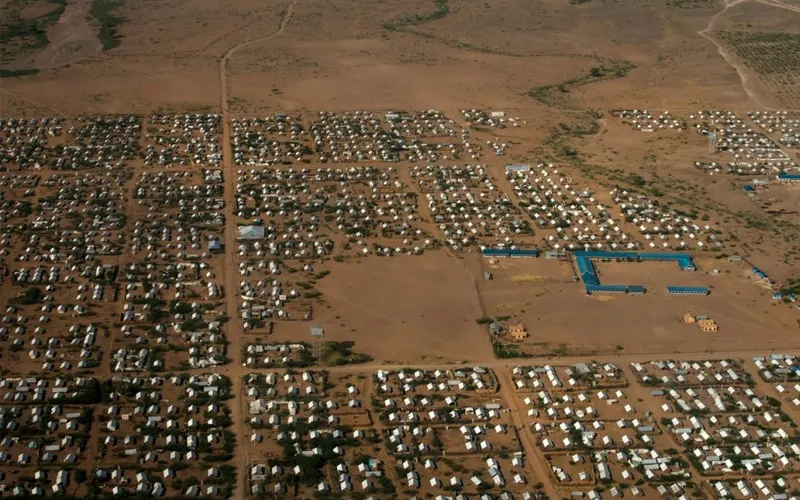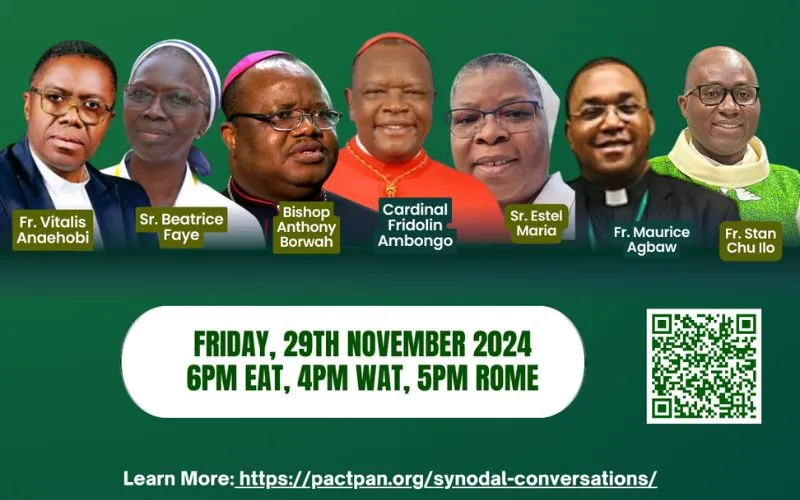The hospitality to the refugees and asylum seekers “has been a good gesture to these people who felt they are a lot safer in Kenya,” KCCB members say, and add, “It is not only necessary but also important and human to support the most vulnerable in our society, giving them another chance of having a place they may call home.”
Kenya’s Cabinet Secretary of Interior and Coordination of National Government, Dr. Fred Matiang’i on March 24 announced the government’s intention to close the two camps and issued a two weeks “ultimatum” to the United Nations High Commissioner for Refugees (UNHCR) to present a plan for the closure.
“UNHCR is concerned about the impact this decision would have on the protection of refugees in Kenya, including in the context of the ongoing COVID-19 pandemic,” the leadership of the refugee agency said March 24 in response to the intended closure of the camp and pledged to dialogue with the Kenyan authorities.
On April 8, Kenya’s High Court temporarily blocked the closure of the two camps for a period of 30 days, following a petition filed by a local politician challenging the government’s move.
Located in Kenya’s Lodwar Diocese, 29-year-old Kakuma Refugee Camp is the largest of its kind in the world, hosting an estimated 200,000 people, majority of them having fled the civil war in the world’s youngest nation, South Sudan.
Dadaab Camp that was established in 1991, on the other hand, is the third largest refugee settlement in the world with an estimated 218,873 refugees and asylum seekers, according to UNHCR statistics.
Majority of the inhabitants of the camp, located in the territory of Kenya's Garissa Diocese, are refugees who have fled the civil war in neighboring Somalia.
In 2016, Kenya’s government had attempted to close the Dadaab Camp, citing security concerns owing to its proximity to conflict-ridden Somalia. A decision by the Kenyan High Court blocked the move, which it termed unconstitutional.
Rather than close the camps, Catholic Bishops in Kenya want the Uhuru Kenyatta-led government “to shelve this unfortunate idea and instead increase security and any other support to the refugees as well as to the bodies that work directly with them in ensuring they receive their basic needs.”
The Bishops add in their April 9 statement, “The Government should reconsider their position and treat all refugees with care and concern especially during this period of COVID-19 pandemic when humanity is faced with serious economic and psychological challenges. Let us be our brothers’ and sisters’ keepers.”








